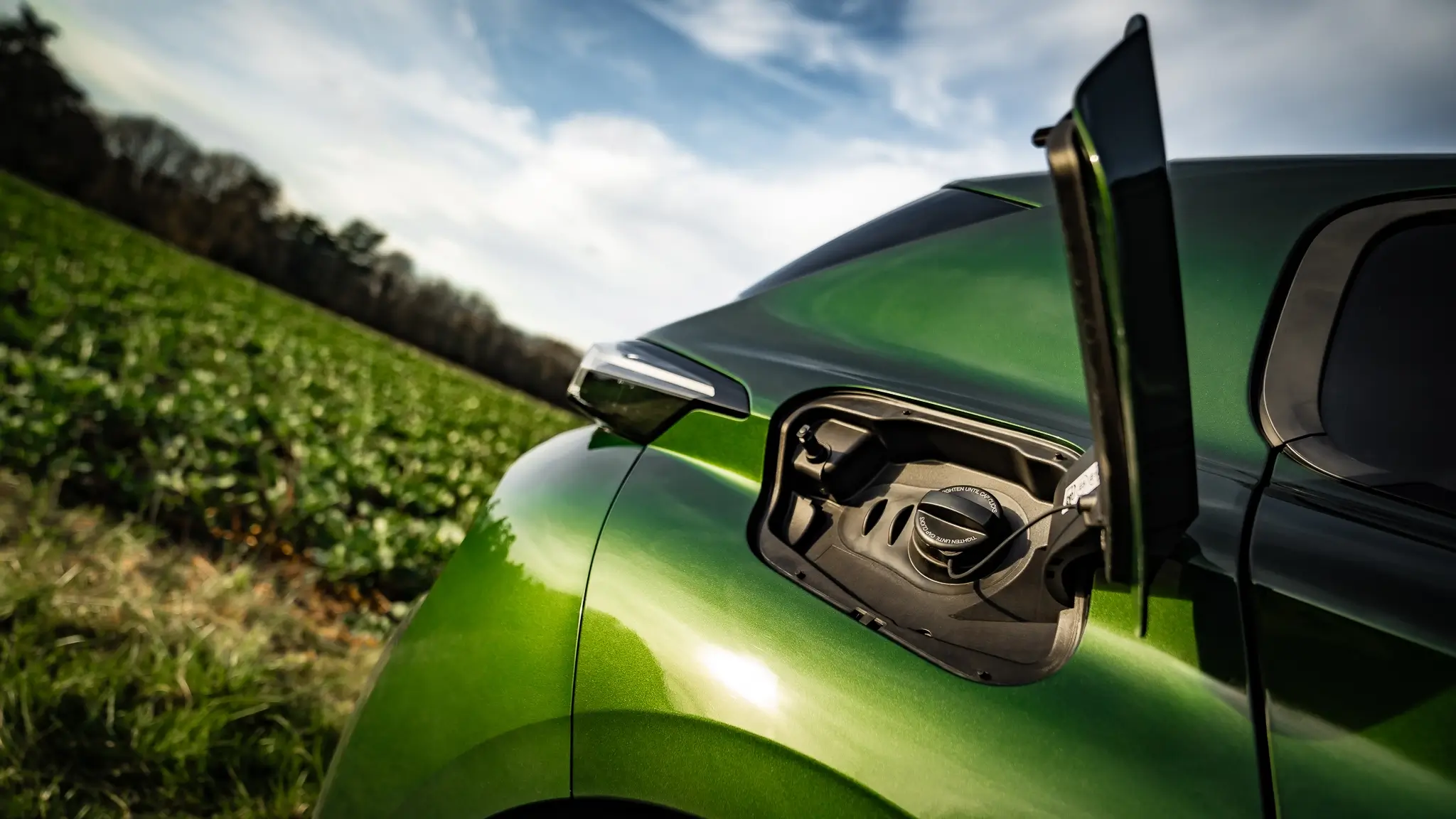
Why choose e85?
E85 superethanol represents a promising energy alternative in the current context of ecological transition. Generally made up of 85% ethanol, an alcohol produced from the fermentation of plant matter, and 15% petrol, E85 stands out for its lower environmental impact and attractive price at the pump. Adopting this fuel means making an economic and ecological choice, while supporting local agriculture. This FAQ aims to shed light on the advantages and practical considerations involved in using E85.

AGRICULTURE
How is E85 produced?
E85 is produced by fermenting sugar- or starch-rich plant matter, such as beetroot, maize or agricultural residues. This fermentation produces ethanol, which is then blended with petrol to form E85 superethanol. This process makes the most of local renewable resources and helps to reduce dependence on fossil fuels. The production of E85 is part of a sustainable development approach, promoting a circular economy and minimising the environmental impact of the transport sector.
Economic advantages of Superethanol E85
The main advantage of E85 superethanol is its economic benefits. With a pump price that is generally lower than that of SP95-E10 or SP98, it offers users substantial savings over the long term, especially for heavy drivers. Bioethanol is sold at less than €0.90 a litre on average, compared with €1.75 a litre for lead-free petrol, a difference of €0.85 at the pump.
This difference in cost is made possible by the advantageous taxation applied to biofuels in France, designed to encourage more environmentally-friendly alternatives. By choosing E85, consumers benefit from a double advantage: they reduce their fuel costs and at the same time contribute to the collective effort towards more sustainable mobility.
Environmental benefits of Superethanol E85
E85 plays a significant role in reducing greenhouse gas emissions, mainly through the use of ethanol derived from biomass. This biofuel significantly reduces CO2 emissions compared with traditional fossil fuels, thereby helping to mitigate climate change. What's more, E85 has a positive impact on air quality by reducing emissions of fine particles and nitrogen oxides. By choosing E85, consumers are making an environmentally-friendly choice, reducing their carbon footprint and playing an active part in the energy transition.
Where can I find Superéthanol-E85?
Good news! Superethanol-E85 is becoming increasingly available. In France, by January 2022, 30% of service stations, i.e. almost 2,800, will offer this biofuel. And the network is growing all the time: more than 400 new E85 stations have been opened by 2022!
There are several easy ways to find an E85 station on your route:
The bioethanolcarburant.com website: This practical site lets you search for E85 stations by location, department or town. You can also consult the interactive map to see the stations in real time.
My E85 stations" app: Available free on Android and iOS, this app lets you geolocate the E85 stations around you and access useful information such as prices, opening times and available services.
No need to worry about the supply of E85! With an ever-expanding network and powerful search tools, you'll easily find an E85 station wherever you are.
Conclusion
Choosing E85 as a fuel means opting for a solution that combines economy, ecology and support for local agriculture. By cutting fuel costs, reducing the environmental impact of transport, and promoting local agricultural production, E85 is a relevant alternative for drivers who are aware of today's challenges. This FAQ explores the many benefits of E85, highlighting why it is a wise choice for sustainable and responsible mobility.